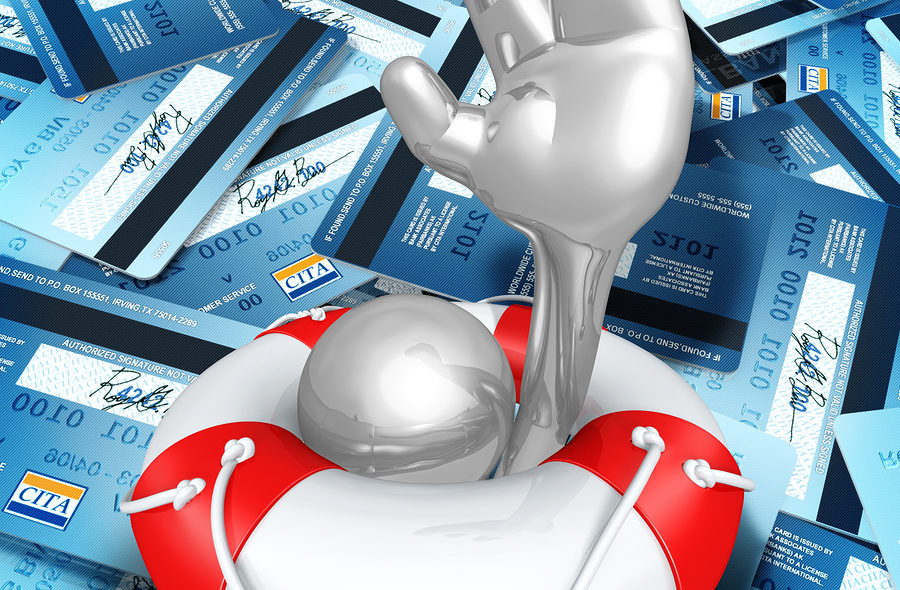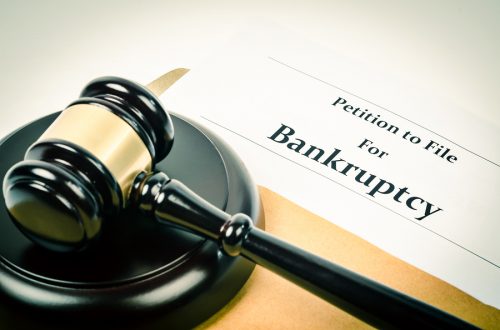A credit card can be a useful tool when it comes to improving a consumer’s credit score or financing large purchases. However, when credit card spending gets out of hand, it can be easy for that balance to grow out of control. The following tips can be helpful for consumers using credit cards to pay for daily expenses.
Avoid Maxing Out Credit Cards
Most credit cards come with a maximum spending limit, and while it can be tempting to rely on that figure when making credit card purchases, it is important that consumers avoid reaching that maximum amount. One reason for avoiding this is a maxed-out credit card can reflect negatively on a consumer’s credit score. If a consumer uses more than 30 percent of his or her available credit, his or her credit score will be reduced. This reduction occurs because credit utilization ratios are considered by credit reporting agencies when calculating a person’s credit score. Many credit cards also tack on fees to the person’s balance if he or she goes over the card’s limit.
Only Making Minimum Payments
Many consumers make the mistake of only paying the minimum amount owed on the card every month instead of making progress towards paying down the balance. Minimum payments tend to be low, and they only cover the interest that accrued from month-to-month. All this does is keep the balance on the credit card, allowing it to continue accruing interest. The cardholder can end up paying much more than originally owed, and the credit card company comes out the winner in this scenario, earning more money off the card the longer the balance remains. It is best to either pay off the balance in full every month or making significantly larger payments on the balance in order to chip away at the principal.
Missing a Payment
Another mistake consumers often make, leading to their balance growing out of control, is to miss a credit card payment. Even by missing one payment, the consumer can find himself or herself hit with late fees and an increased interest rate. This missed payment can also result in a significant hit to the person’s credit score. After a payment is 30 days late, credit card companies will report the consumer’s account to the major credit bureaus. To avoid missing a payment, it may be helpful to set a calendar reminder to make the payment.
As bankruptcy attorneys, we see credit card debt as one of the most common problems facing those with serious financial challenges. It is not surprising with the high interest rates, unreasonable fees, harassing debt collection calls, penalties and never-ending minimum payments that do not even make a dent in your actual debt.
Filing for bankruptcy is a viable option for those struggling with insurmountable credit card debt. Chapter 7 is the fastest form of consumer bankruptcy and forgives most unsecured debts like credit card debt, medical bills and personal loans. There are certain qualifications a consumer must meet in regards to income, assets and expenses to file for Chapter 7 bankruptcy, which is determined by the bankruptcy means test.
Please click here to read more.
If you have questions on this topic or are in financial crisis and considering filing for bankruptcy, contact an experienced Miami bankruptcy attorney who can advise you of all of your options. As an experienced CPA as well as a proven bankruptcy lawyer, Timothy Kingcade knows how to help clients take full advantage of the bankruptcy laws to protect their assets and get successful results. Since 1996 Kingcade Garcia McMaken has been helping people from all walks of life build a better tomorrow. Our attorneys’ help thousands of people every year take advantage of their rights under bankruptcy protection to restart, rebuild and recover. The day you hire our firm, we will contact your creditors to stop the harassment. You can also find useful consumer information on the Kingcade Garcia McMaken website at www.miamibankruptcy.com.


